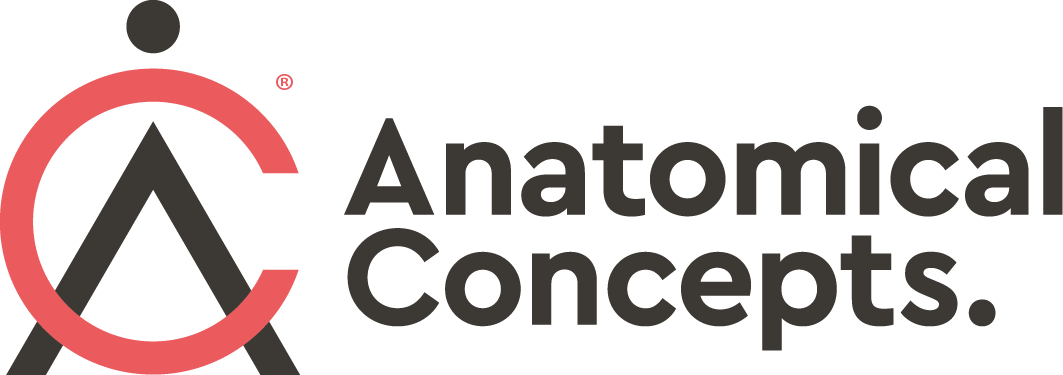Exploiting Technology for Intensive Neurological Rehabilitation - Guest Post
This is a guest post by Chris Wynne from our partners at The Rehab Physio in the Wirral. Their excellent facilities provide intensive physical rehabilitation services and in this post, Chris explains something of their philosophy.
Neurological physiotherapy acknowledges a simple fact: the human body is an amazing thing with the ability to adapt to the changes we put upon it. With the right physiotherapy skills, technology and techniques, we can help the body to find ways to help patients with a range of neurological conditions including spinal cord injury, stroke, brain injury and Cerebral Palsy to restore function, independence and quality of life.
The Science
For neurological rehabilitation to be effecive, the patient needs to experience enough of the right movements for physiological changes to occur. These changes to the nervous system are known as neuroplasticity and when the rehabilitation is both frequent and often, result in the generation of new brain cells and nerve pathways.
The latest research indicates that at least 80 hours of intensive rehabilitation, ie. thousands of repetitions per hour over hundreds of hours not only provides the best outcomes to patients with neurological conditions and catastrophic injuries but also results in improvements which are more likely to last.
The Problem
Achieving this level of intensity is difficult using conventional physiotherapy techniques and equipment due to limited resources (ie. physiotherapists, time, equipment and cost) and the practicalities of achieving thousands of repetitions.
Typically, patients’ budget constraints prevent them from accessing specialist services and equipment to allow them to continue their rehabilitation independently following discharge from hospital.
This is where technology comes in.
Intensive Rehabilitation technology and the benefits
By using technology such as robotics and virtual reality (VR), we are able to provide the intensive rehabilitation required to allow our patients to harness previously undiscovered rehabilitation potential within their bodies and in some cases surpass their original expectations. Robotics and VR make this possible by:
Increasing the volume of practice
Physiotherapy works if the quality is repeatable. To get the best results, a patient needs to achieve sufficient hours of specialist practice and place the right demands on their body. This used to be unaffordable and inaccessible, but now with the use of robotics, it is achievable.
Increasing the quality of therapy
The use of robotics enables safe and effective practice in ways unachievable in a traditional one-on-one physiotherapy session. It reduces the need for many hands to support therapy, enabling more effective treatments to be carried out and repeated. Parameters can be accurately adjusted with computer technology, enabling consistent progression of treatment.
Providing better treatment outcomes
Used alongside expert therapists, robotics enable control of treatment parameters, like never before. The accuracy of treatment is greater than can be delivered via the human hand. In addition, digital technology can provide computerised measures, giving a reassuring and consistent performance feedback.
Achieving more sustainable improvements
By utilising the intensive approach, facilitated by the specialist technology, patients can expect greater changes in a short space of time. This way of working will ensure that the changes that are made can be practiced at home with much more reliability than spreading treatment over a long period.
The Complete Solution
For patients with complex neurological conditions or injuries, we have found that optimum outcomes can be achieved by delivering a programme of treatment that combines our rehabilitation technology with specialist neurological physiotherapy and a specialist rehab gym.
Each of our patients’ needs and goals will be unique, so an initial assessment is conducted where their condition, its severity, the patient’s age, physical ability, personal preferences and stage in the recovery journey is reviewed and an appropriate programme of treatment is designed.
To find out more about whether our technology and services may be appropriate to you, give us a call on 0151 665 0266 for a no obligation chat.


